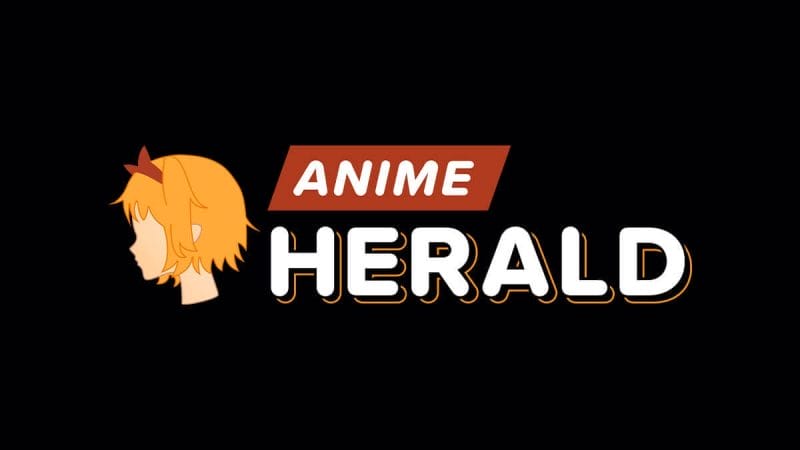 This summer, FUNimation was almost too excited to announce 5,000 free streaming episodes as part of their “Summer of Streaming.” Fans and the media were quick to praise the action. After all – it’s free, and there’s a large quantity of content being delivered. FUNimation gets publicity from the gesture, and everything seems to be win-win. However, from the perspective of those looking at the business end, there is a large potential for a backfire.
This summer, FUNimation was almost too excited to announce 5,000 free streaming episodes as part of their “Summer of Streaming.” Fans and the media were quick to praise the action. After all – it’s free, and there’s a large quantity of content being delivered. FUNimation gets publicity from the gesture, and everything seems to be win-win. However, from the perspective of those looking at the business end, there is a large potential for a backfire.
Exposure is a wonderful thing. It gets people talking, generates interest in your product, and earns eyeballs from those who may not have glanced at your product to begin with. If handled properly, this will be vital in growing your brand, and selling your product. However, there are right ways and wrong ways to generate exposure.
The idea of a free taste of a product is a powerful tool in the marketer’s toolbelt. People love free, and will be more willing to gloss over the faults of a free sample than a paid product. Given the proper outlets, and the proper means to use these outlets, a happy potential customer will be glad to spread his opinions to his friends, family, and followers. This will build credibility and awareness fo the brand, and hopefully drive sales and interest in the way of the product.
The biggest risk with “free” is the risk of over-exposure. Make it a habit of giving free items, giving free episodes, and it will begin to shift the narrative. The more one gives product away, the more people will begin to expect it as a given. Instead of a standard, people will begin to expect that company work for free to satisfy their demands. Unfortnately, reality isn’t so kind, and companies need to generate profits in order to stay afloat.
In the words of master marketer Seth Godin, “just because it’s free doesn’t mean it’s a good idea (or a bad one). It means you should think hard about how everyone benefits.” FUNimation’s free drive is incredibly bold, and incredibly risky. It has absolutely generated exposure and buzz among the anime market. However, is FUNimation doing the right thing, or are they dragging the market’s expectations so far right that they will harm themselves? The jury is out at this point, and the outcome won’t be known in the immediate future. It will be worth watching as this unfolds, and the true impact of FUNimation’s decision becomes apparent.











